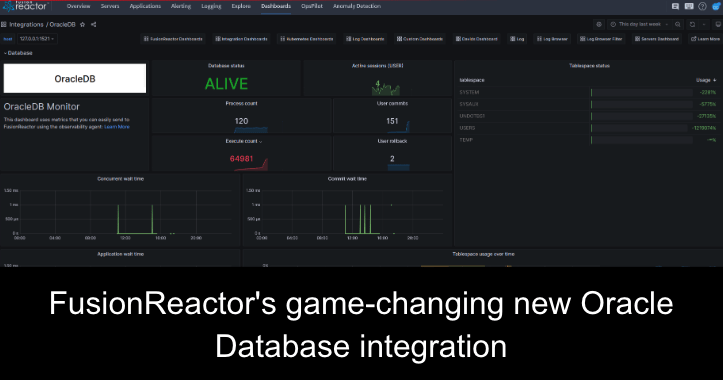Introducing the latest advancement in monitoring capabilities — FusionReactor’s cutting-edge integration with Oracle Database which uses metrics you can easily send to FusionReactor using the Observability Agent. Seamlessly embedded within the FusionReactor ecosystem, the Oracle Databas … Read More
Blog Posts
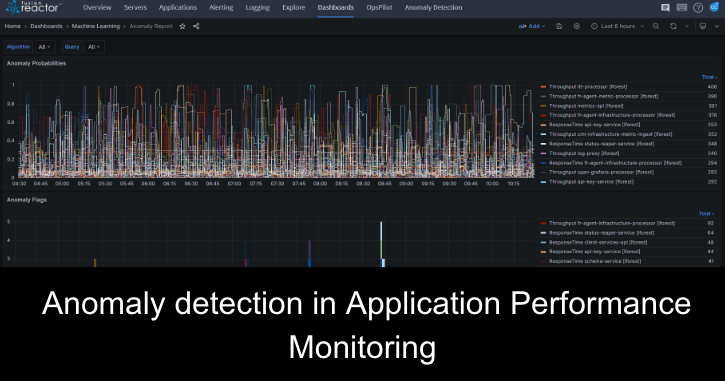
Anomaly detection in Application Performance Monitoring
Anomaly detection in Application Performance Monitoring Ensuring optimal performance is paramount in the ever-evolving landscape of software applications and systems. As modern infrastructures become more complex, detecting anomalies and potential issues in real time is crucial for maintaining smooth and … Read More
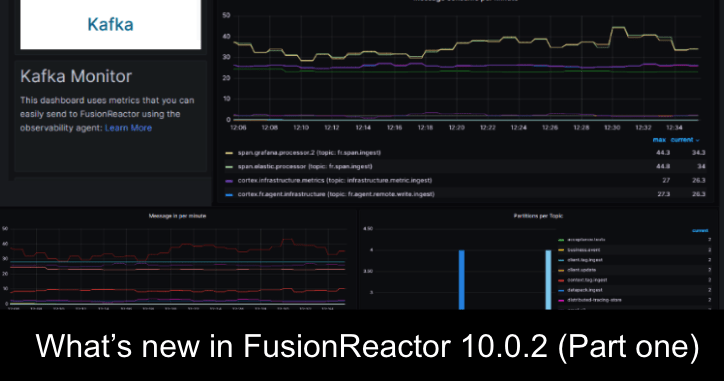
What’s new in FusionReactor 10.0.2 (Part one)
In this blog, we’ll delve into the exciting features of FusionReactor’s new Redis Dashboard, its seamless integration capabilities with Kafka and Elasticsearch, the future-focused OpsPilot AI, and the game-changing Kubernetes cluster monitoring. … Read More
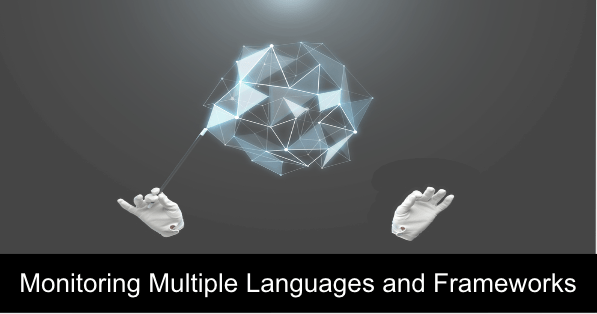
FusionReactor: A spectacular show for monitoring multiple languages and frameworks
FusionReactor: A spectacular show for monitoring multiple languages and frameworks Welcome, ladies and gentlemen, to the dazzling world of FusionReactor—a monitoring solution that turns the challenge of managing multiple languages and frameworks into a mesmerizing spectacle. In this captivating performance, … Read More
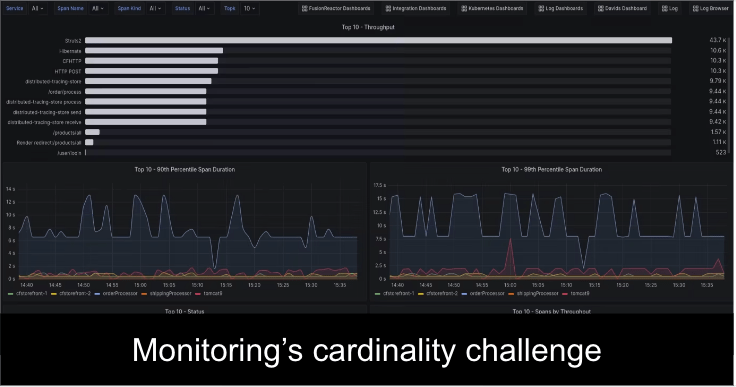
Monitoring’s cardinality challenge
Monitoring’s cardinality challenge Why the challenge of monitoring that data becomes increasingly complex In the world of technology, monitoring is essential for ensuring that systems and applications are running smoothly and efficiently. Monitoring tools collect and analyze data from various … Read More
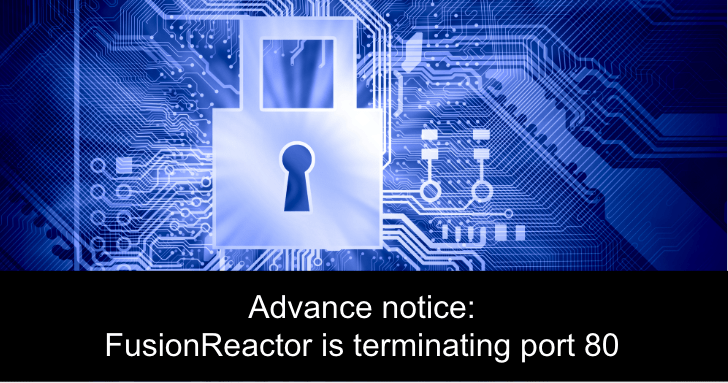
Enhancing web security by deprecating HTTP-only connections (port 80) to the FusionReactor licensing server
Enhancing web security by deprecating HTTP-only connections (port 80) to the FusionReactor licensing server In a continuous effort to enhance security and compliance, we have decided to deprecate the usage of HTTP-only connections (port 80), which can be used for … Read More

Werde Meister im Troubleshooting von Java-Anwendungen mit FusionReactor & OpsPilot AI auf dem Java Forum Stuttgart
Werde Meister im Troubleshooting von Java-Anwendungen mit FusionReactor & OpsPilot AI auf dem Java Forum Stuttgart! Bist du es leid, bei der Fehlersuche in Java-Anwendungen Zeit und Mühe zu verschwenden? Mach dich bereit, deine Herangehensweise zu revolutionieren und die Konkurrenz … Read More
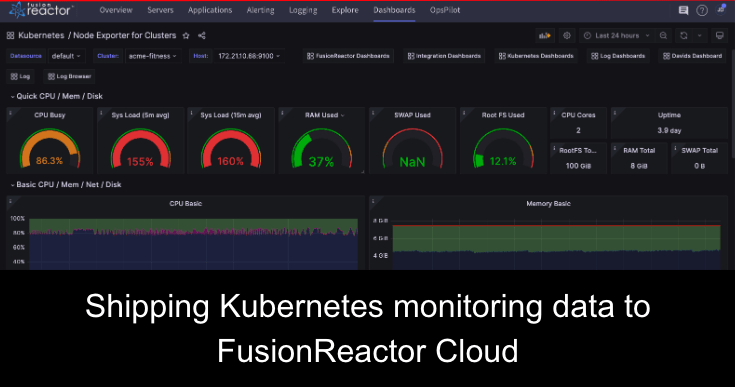
Shipping Kubernetes monitoring data to FusionReactor Cloud
Shipping Kubernetes monitoring data to FusionReactor Cloud Introduction to Kubernetes Kubernetes (pronounced coo-ber-net-ees) is a Greek word meaning “helmsman” or “pilot”. Kubernetes (also known as K8s) is an open-source container orchestration platform that automates containerized applications’ deployment, scaling, and … Read More
Five biggest performance issues in C#
C# is a powerful and versatile programming language that can also be slow. If you’re not careful, your C# applications can become bogged down by performance issues. In this blog post, we’ll discuss the five most significant performance issues in … Read More

Shipping OpenTelemetry data with FusionReactor Cloud
In this blog post, we’ll explore the benefits of shipping OpenTelemetry data to FusionReactor and how it can help developers and operations teams better understand and optimize their applications. … Read More

Instrumenting OTel in FusionReactor
Instrumenting OTel What is OpenTelemetry? OpenTelemetry is an open-source observability framework that aims to make it easier to instrument, generate, collect, and export telemetry data from software applications and systems. It provides a set of standard APIs, libraries, and … Read More
Observability with Otel Integration: A Guide to Improving the Performance and Reliability of Your Applications
A Guide to Improving the Performance and Reliability of Your Applications … Read More
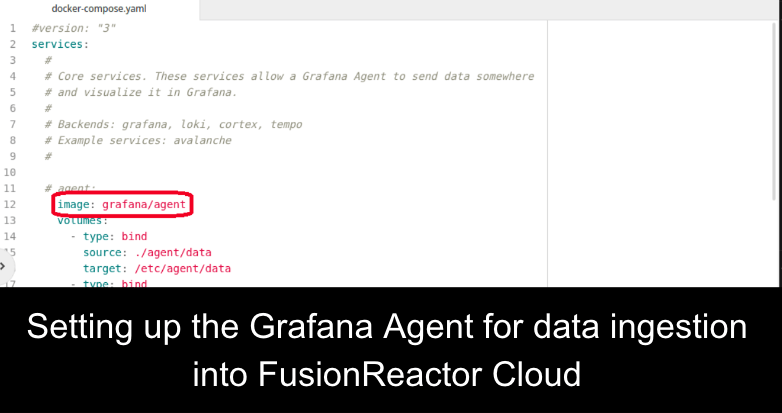
Setting up the Grafana Agent for data ingestion into FusionReactor Cloud
In this blog post, we’ll walk you through setting up the Grafana Agent to monitor a MySQL server, using a Docker environment as an example. … Read More

Beheben häufiger Anwendungsprobleme
Fehlerbehebung bei häufigen Anwendungsproblemen: Eine Anleitung zur Verwendung von APM Tools Bei der Verwaltung und Fehlerbehebung von Anwendungen können verschiedene Probleme auftreten. Glücklicherweise stehen mehrere Application Performance Monitoring (APM)-Tools zur Verfügung, die Entwicklern und Betriebsteams dabei helfen, Probleme zu erkennen und … Read More
The Benefits of Distributed Tracing for Developers and DevOps
The Benefits of Distributed Tracing for Developers and DevOps with FusionReactor Observability has become an essential aspect of modern software development and operations. With the rise of distributed systems and cloud-native architectures, it has become increasingly challenging to monitor and … Read More

What is the best value APM?
What is the Best Value APM? As software applications grow in complexity, monitoring and optimizing their performance becomes increasingly important. Application Performance Monitoring (APM) tools have emerged as a critical component of modern software development, providing developers with the insight … Read More
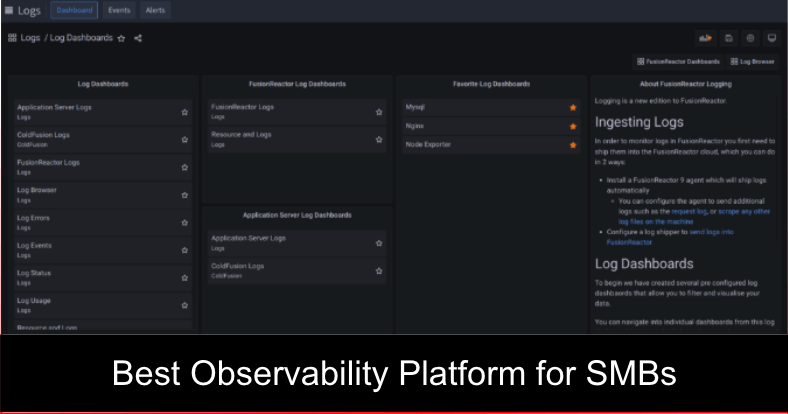
Best Observability Platform for SMBs
Best Observability Platform for SMBs What is an observability platform? Observability platforms are tools that help organizations understand the behavior and performance of their applications. They provide real-time and historical metrics, log monitoring and analysis, and distributed tracing to help … Read More
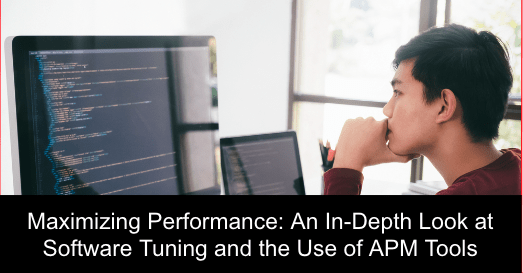
Maximizing Performance: An In-Depth Look at Software Tuning and the Use of APM Tools
Maximizing Performance: An In-Depth Look at Software Tuning and the Use of APM Tools What is Application Performance tuning? Performance tuning is an essential process for maximizing the performance of any software system. Performance tuning aims to optimize the system’s … Read More

Why should you invest in an observability platform?
Why should you invest in an observability platform? Are you experiencing issues with the performance and reliability of your software systems? Are you struggling to identify and resolve problems as they arise? If so, it may be time to consider … Read More
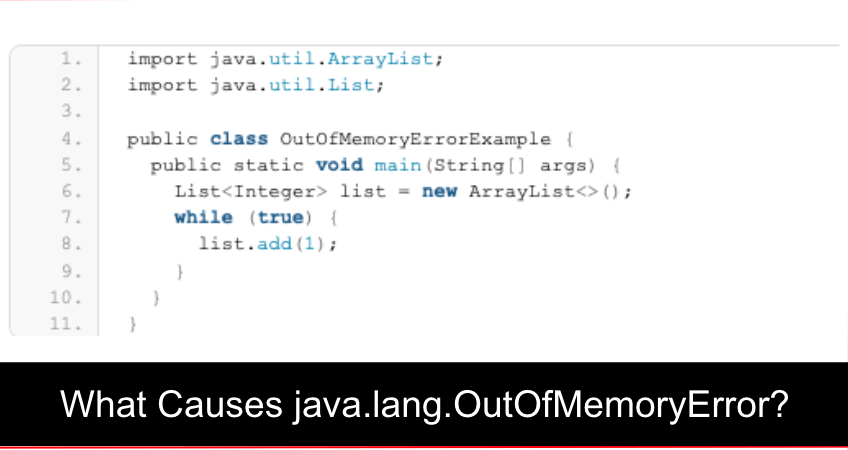
What Causes java.lang.OutOfMemoryError?
What Causes java.lang.OutOfMemoryError? Java.lang.OutOfMemoryError is a common error that can occur in a Java application. It occurs when the Java Virtual Machine (JVM) runs out of memory and is unable to allocate any more memory to the application. There are several … Read More
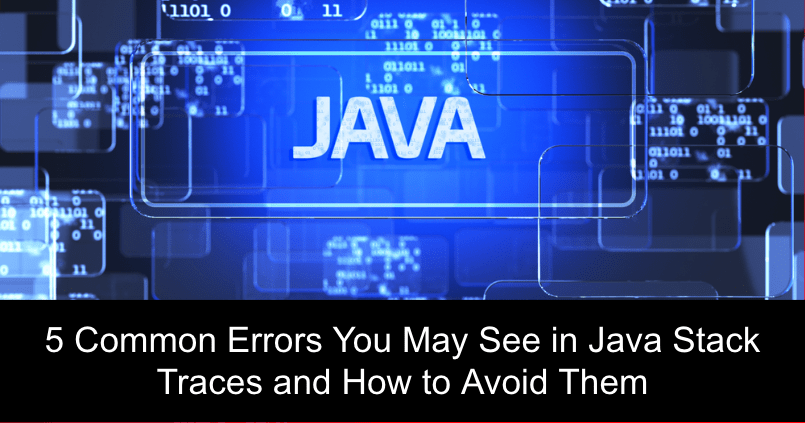
5 Common Errors You May See in Java Stack Traces and How to Avoid Them
5 Common Errors You May See in Java Stack Traces and How to Avoid Them 5 Common Errors You May See in Java Stack Traces Many different types of errors can occur in a Java application. The specific errors you … Read More

How AI Impacts APM
How Artificial Intelligence Impacts APM AI is rapidly transforming how businesses operate; our article “3 Ways To Achieve Digital Transformation With AI” explains that the technology simulates human intelligence to execute capabilities like learning, problem-solving, optical recognition, speech recognition, and planning. One … Read More

How To Monitor Your Log File with Distributed Tracing
How To Monitor Your Log File with Distributed Tracing Log files are essential to any application or system because they track errors and other important events. Distributed tracing is an important component of any logging system because it allows you … Read More
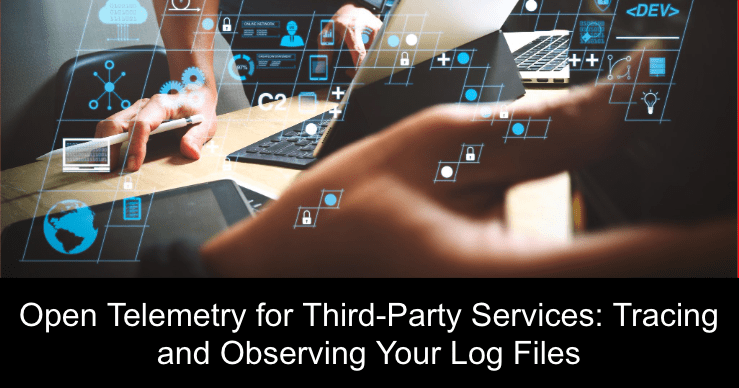
Open Telemetry for Third-Party Services: Tracing and Observing Your Log Files
Open Telemetry for Third-Party Services: Tracing and Observing Your Log Files Open telemetry quickly becomes the preferred method for tracing and monitoring log files for third-party services. You can gain insight into your applications and services using available telemetry, allowing … Read More

Save 25% on Adobe ColdFusion Upgrades
[vc_row height=”small”][vc_column][vc_row_inner][vc_column_inner width=”2/3″][vc_column_text] Exclusive ColdFusion Upgrade Promo from FusionReactor [/vc_column_text][vc_column_text]Adobe ColdFusion Sale. Upgrades to Adobe ColdFusion are now available at an exclusive rate, saving you 25% of the usual price. Upgrade to ColdFusion 21 if you have CF9, 10, 11, … Read More
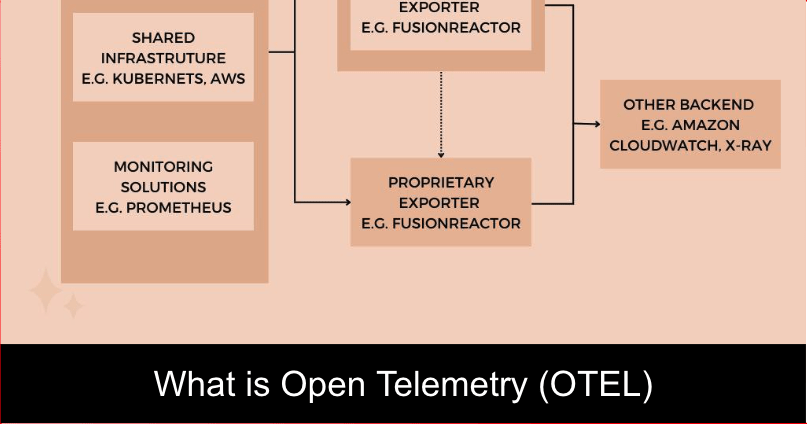
What is OpenTelemetry?
What is OpenTelemetry? OpenTelemetry (also known as OTel) is an open-source observability framework made up of a collection of software tools, APIs, and SDKs which automatically collects telemetry data from across distributed IT environments and correlates it in real … Read More
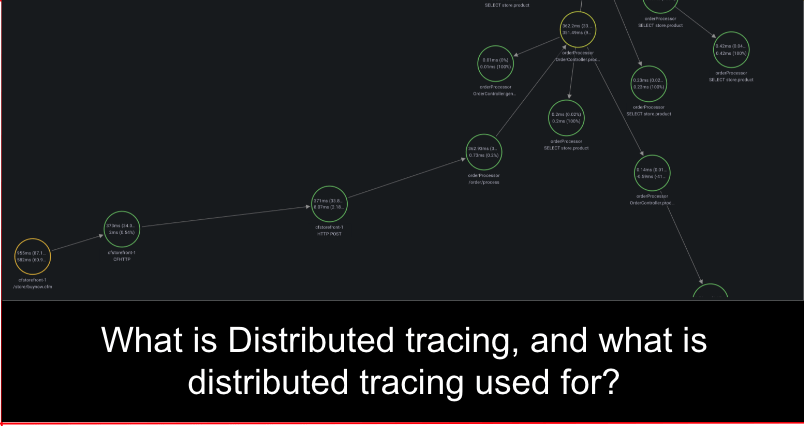
What is Distributed tracing, and what is distributed tracing used for?
What is Distributed tracing, and what is distributed tracing used for? The main benefit of Distributed Tracing is that it provides end-to-end visibility into the performance of applications. A distributed tracing method tracks how application requests flow from front-end hardware … Read More


